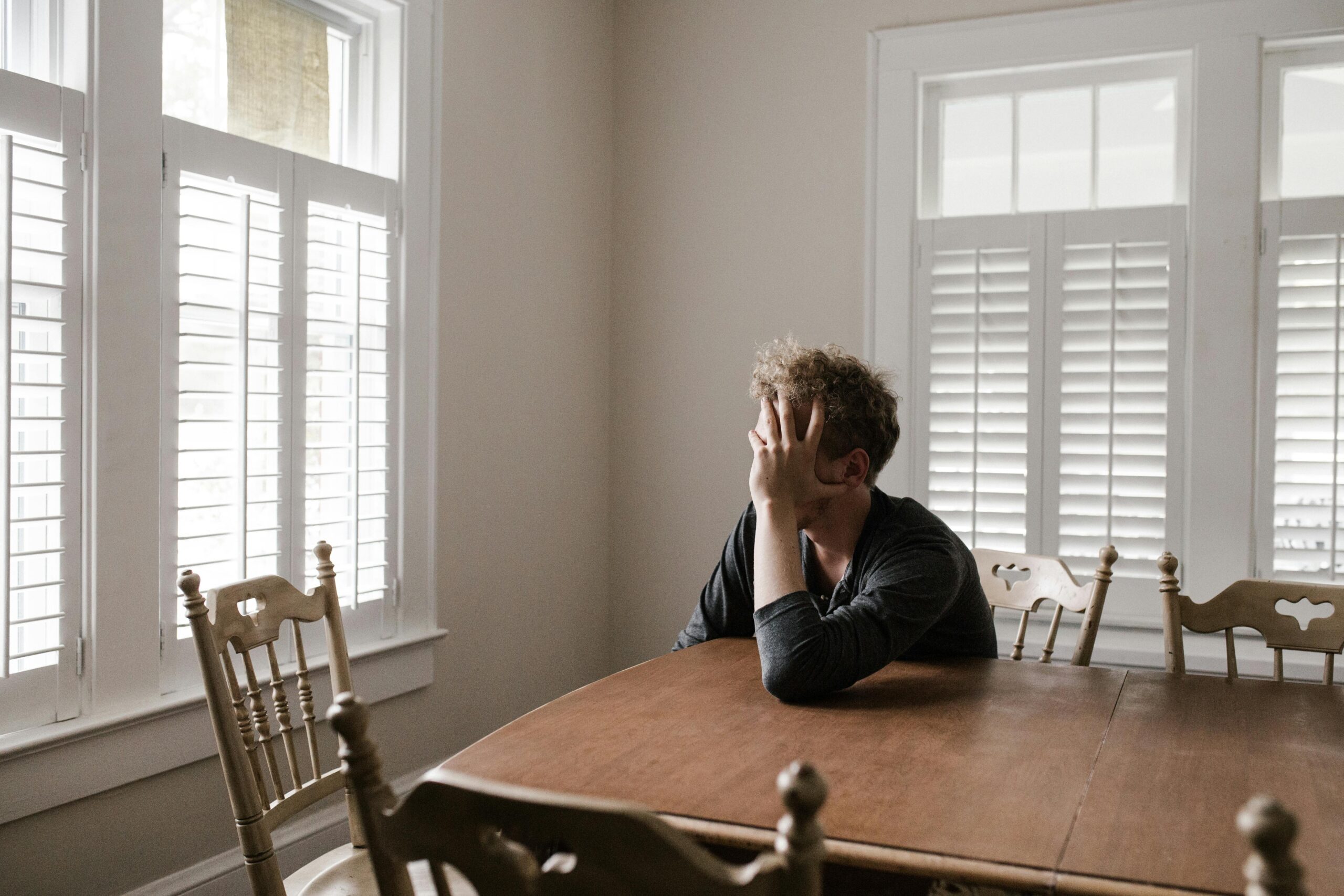Anxiety is the body’s way of replying to stressful situations. Public speaking or a job interview are both regular instants when someone feels anxious. Everyone feels it from time to time. It can be a valuable motivator in meeting deadlines or pushing us to do our best work.
If these reactions happen frequently and get in the way of doing day to day things, you may have an anxiety disorder.
Just like any other mental health disorder, anxiety can get in the way of socializing, working towards goals, and in severe cases, leaving your own home. If symptoms of anxiety are severe and left untreated, they can become debilitating and worsen over time.
Anxiety is a key part of the following conditions:
- Panic Disorder: enduring recurring panic attacks at unforeseen times. A person with panic disorder may become extremely fearful of having another one.
- Phobia: extreme or unreasonable fear of a specific thing, circumstance, or activity
- Generalized Anxiety Disorder: is defined by persistent and unreasonable worry about numerous different things. People with GAD may predict disaster and may be overly concerned about money, health, family, work, or other issues.
- Social Anxiety Disorder: intense and excessive fear of being judged by others in social situations
- Obsessive-Compulsive Disorder: recurring irrational and intrusive thoughts that lead to performing repeated, particular behaviors
- Separation Anxiety Disorder: a dread of being separated from family members or friends
- Illness Anxiety Disorder: anxiety about physical health
- Post-Traumatic Stress Disorder (PTSD): anxiety following a traumatic event Symptoms of Anxiety Disorders
Anxiety disorders typically come with a variety of symptoms that everyone experiences differently. Symptoms commonly found in anxiety disorders include:
- Trouble sleeping
- Nausea or dizziness
- Dry mouth
- Feeling nervous or fearful
- Muscle tension or tightness
- Fast or irregular heartbeat
- Sweaty or freezing hands and feet
- Numbness or tingling
- Difficulty staying calm or sitting still
These symptoms are cues that there is something to fear or maybe a potential threat. Our natural stress response is built for this reason, but in anxiety disorders, this response is put into overdrive and can do more harm than good.
Anxiety Attacks

An anxiety attack is a feeling of overpowering dread, worry, distress, or fear and slowly builds up. It can intensify during or before stressful events.
They can fluctuate considerably, and signs may look different in each person. Common symptoms of an anxiety attack include:
- Feeling faint or dizzy
- Shortened breathing
- Dry mouth
- Apprehension and worry
- Sweating, or hot flashes
- Fear
- Distress
- Restlessness or uneasiness
- Feelings of numbness or shakiness
Panic Attacks
A panic attack and an anxiety attack share some common symptoms but are different conditions. Panic attacks, on the other hand, appear suddenly and intensely. Someone may feel overwhelmed with fear, have difficulty breathing, a racing heart rate, nausea, or even physical discomfort.
Emotional differences: Anxiety attacks don’t include fear of dying or losing control or a sense of detachment. Since panic attacks occur suddenly, there is almost no apprehension, worry, or restlessness. Physical symptoms remain similar in anxiety and panic attacks, but those found in panic attacks are more intense.
Differential Diagnosis
Anxiety symptoms can be found in many categories of mental health conditions listed in the DSM-5, such as mood disorders, eating disorders, and cognitive disorders. Within the category of anxiety disorders, many symptoms will overlap, and anxiety conditions can sometimes confuse one another.
Anxiety and depression correlate with one another. While they occur separately, it’s fairly common that someone diagnosed with depression also struggles with anxiety.
Anxiety can cause symptoms of depression and vice versa. An anxiety disorder can trigger worsening symptoms of depression.
Symptoms of both conditions can be maintained with several of the related treatments: psychotherapy, medications, and changes in lifestyle.
Treatment
Anxiety disorders are very treatable and can be treated with medication, psychotherapy, or a combination of the two. For those who experience mild symptoms, treatment may not be necessary.
Working with a therapist can help you learn tools and strategies to cope with symptoms and ultimately live a happy, healthy life.

Online Therapy in Florida, Idaho, South Carolina, and Utah
At Calming Transformations Counseling, our therapists understand how difficult it can be to manage anxiety, stress, depression, and relationship issues. We can help through online therapy in Florida, Idaho, South Carolina, or Utah or walk and talk therapy in Hillsborough County, Florida. Book an appointment or contact us today to schedule a session and take the first step toward a healthier, happier life. Remember, your mental health is important—take the time to care for yourself.
